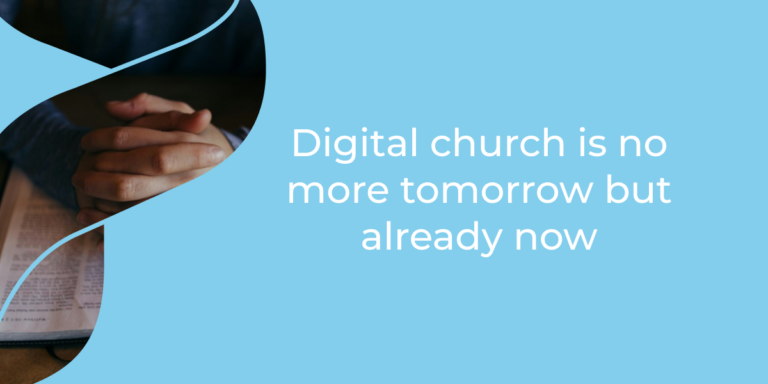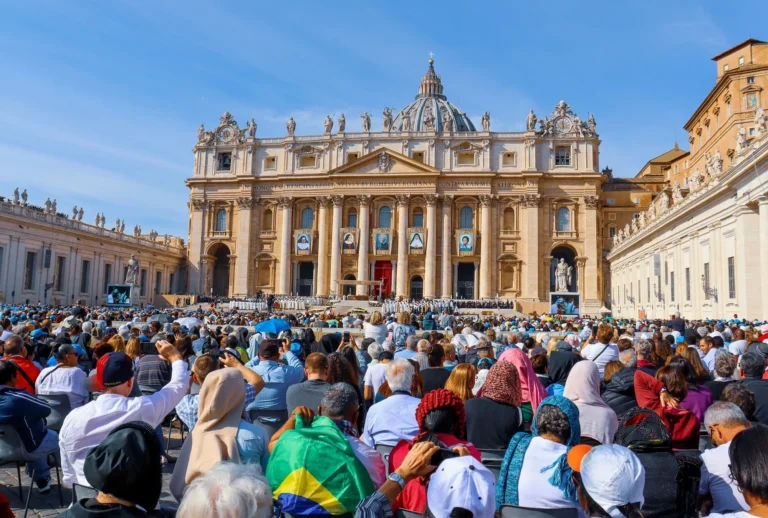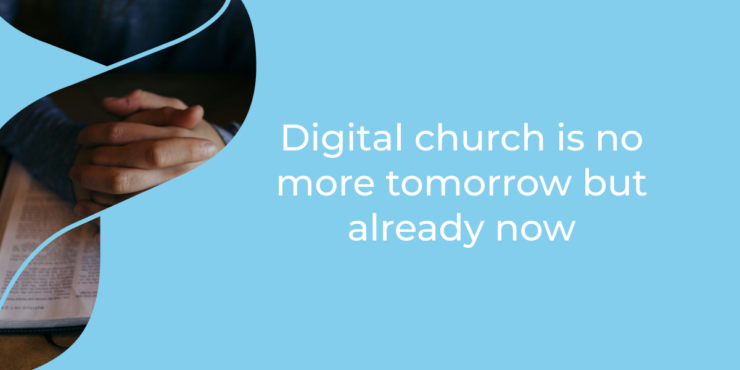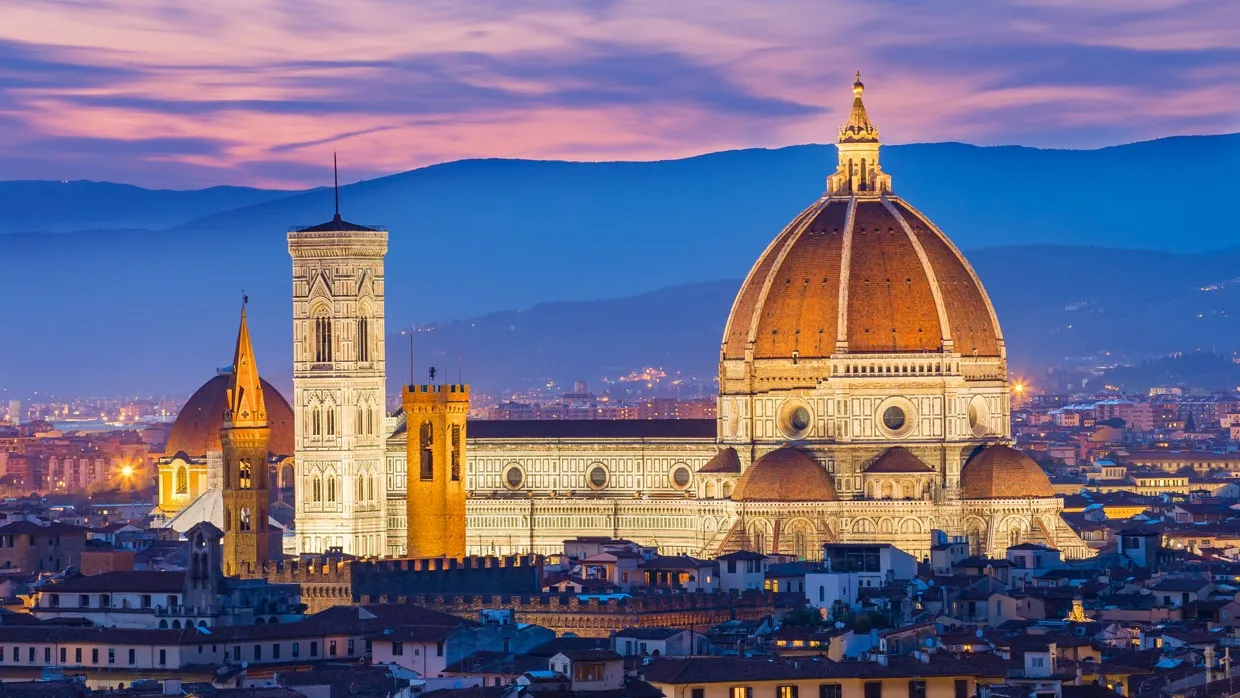This moment is different from anything most people have ever experienced. Every day the count of the sick and the dead are rising. We turn on the news or see vacant streets and obscure buildings from our windows. We are shut off and spend our days in mental wellbeing during quarantine and different degrees of isolation. Our thoughts overwhelm our concerns about our finances, health, and the future that we have planned for visit. If you have to plan for a visit to an area by plan, then you can book your seat with Cathay Pacific from your place online. The Ignatius of Loyola urge us to “find the God in all the things,” but at times of crisis such as the present, we may wonder “Where is the God in all this?.” Some people may sense that God is simply missing.
These knowledge pieces are not “suggestions” in the sense of fast cures. There is no quick solution either to a worldwide health catastrophe or to someone who has lost his sense of the presence of God. What follows are further invites to be converted into awareness and the way we show ourselves. Nothing less is going to be enough.
1. See the surprising ways God can work in the midst of the crisis
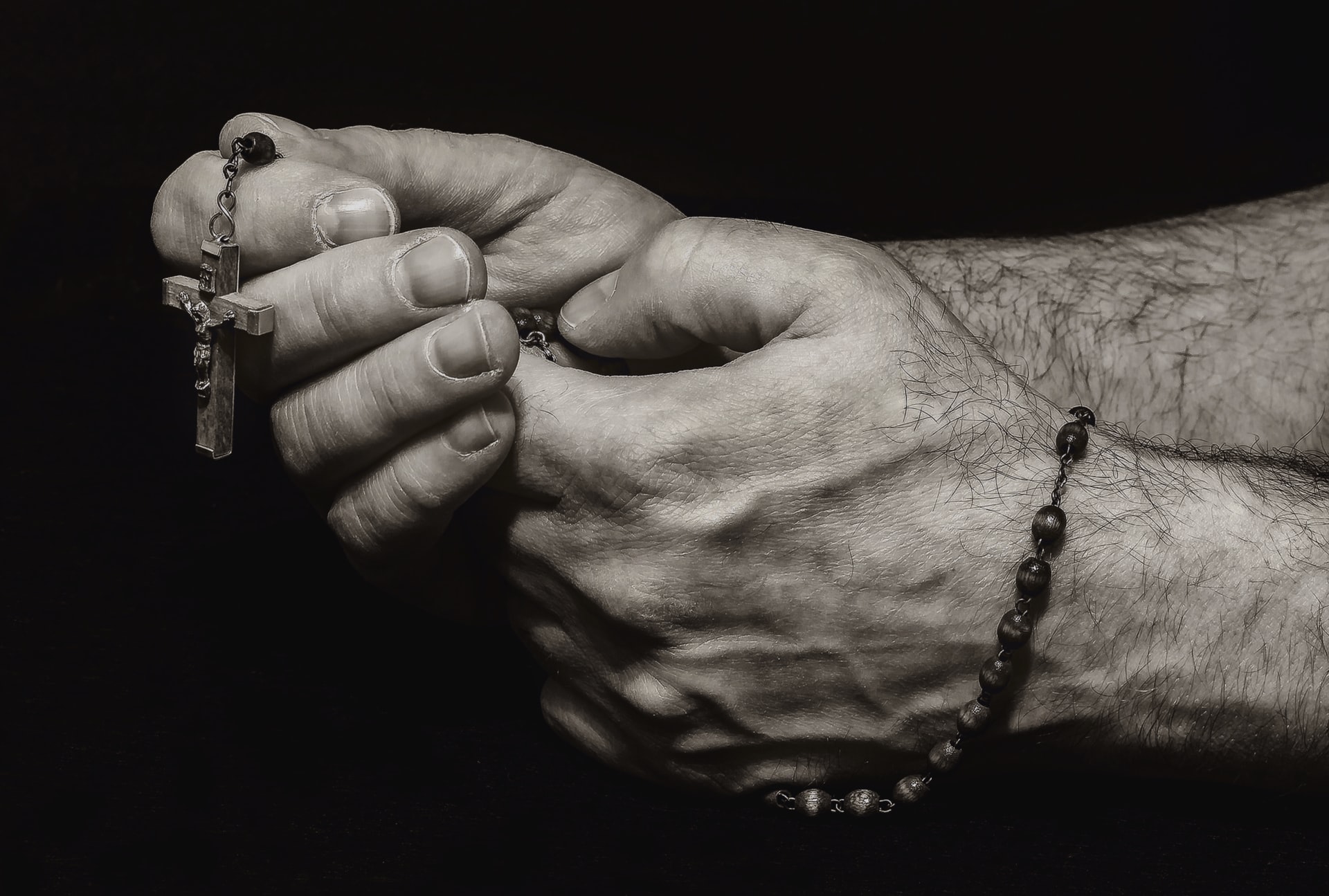
Many of our fears and fears are triggered by reactive thinking. We are fascinated with the worst things that might happen: what if my beloved or I get sick? What if my business goes into it? What if the toilet paper is gone? We focus on what we lost—our routines, our aspirations, mobility, maybe even our employment and focus on mental wellbeing during quarantine.
2. Please read the Bible (Calm Your Anxiety)
Turn it off and grab your Bible when the news around you felt physically unpleasant. The Bible is the ultimate source of solace in a troubled world in particular. The Psalms, where King David often pleaded to the Lord, are very soothing.
As you dive into the word of God, your tensions begin to calm. The more familiar you get with the Bible, the less bothered you are about what is happening around you. Yes, there are times when the world feels like a crisis, but you know how to find hope ultimately as a Christian.
3. Welcome as Sabbath rest this moment
COVID-19 has disrupted the world’s business and pushed billions of people around the world to move away from typical routines. This implies for many that life has slowed significantly. Regular physical activity and exercise can contribute to mental wellbeing during quarantine, reducing anxiety and mood. Find a movement activity and get out in an area and book a ticket that makes it easier to keep away from people like a nature walk or your own backyard.
4. The Church’s response

Introduce unambiguous hygiene and behavioral action in services for infection prevention.
Maintain practically worship life and relationships with parish using various techniques when congregations cannot gather. Live-stream or record services for self-isolating parishioners and services suspended.
Coordinate pastoral and spiritual care for Church members that isolate themselves and help individuals in the wider community who are self-isolating by keeping them in touch online, by phone, local radio, via messaging etc. We can keep “physical distance” despite being closely socially and spiritually.
5. Concentrate on what is most important in life:
While the pandemic caused added stress and time for many medical experts and those in key industries, much of the day-to-day life of many others – working, attending meetings and doing business – has been stopped abruptly and focus on mental wellbeing during quarantine.
6. Spend time in prayer with God
The retail doors are locked, the restaurant tables are empty, the lights in Broadway’s theatre are all gone due to the COVID issue. Our world has become calmer and, like inactivity, silence can disturb those of us who are used to continual noise. Can faith and science first go hand in hand? Secondly, how can religious actors help each other when they fight? Third, can agents of religion think about the pandemic logically and rationally? The statement continued that having “predetermined” fixed opinions by some greater authority makes one “irrational.” It closed with an unequivocal proposal that the author of the article “keep your religion to yourself and not mix it with common sense and science, particularly at this tough day and when the world is in turmoil with COVID-19.”
7. Aspects positive and negative

What are the positive impacts? Research reveals that religion can help people cope with tragedy by encouraging people to recast the circumstances with a lens of optimism. Positive religious reframing can help people transcend stressful circumstances by allowing them to view a tragedy as a way to become more closely acquainted or enhance their life. Encouraging a sense of connectivity and if you want to go anywhere with a plan, then book your flight with reputed company from your place. Some people consider religion to be part of something greater than themselves. This can take place through prayer, meditation or religious meetings, listening to spiritual music or simply going out.
8. Mixed learning will increase dramatically
The remote teaching and learning endeavor all our teachers and students are currently involved in do not resemble what we believe to be traditional online education. Quality online learning program, which take both time to develop and significant investment to administer, are high-input projects. Many of us are concerned that the quick transition to remote learning would damage the credibility of online learning.
However, this does not indicate that the need for COVID-19 to shift to universal distant education will not be good for student learning. The greatest potential benefits of virtual education will come after our teachers and students return to their classrooms.
9. Be realistic
The holidays must not be perfect or just as they did the previous year. With families changing and growing, customs and rituals may often shift. Choose a handful to stick to and be open to new ones. For example, if you cannot come to your house with your adult children or other relatives, discover new ways to celebrate together, such as sharing photos, e-mails or videos. Or connect on a video call digitally. Although this year your vacation plans may seem different, you can find ways of celebrating.
10. Meditation is powerful (Calm Your Stress)

Especially for the Christian. Meditation is not a frivolous clarification of your thinking and mental wellbeing during quarantine. It is more a spiritual discipline when closing the world around you and concentrating your thoughts and heart on praying and studying the Bible. It takes time to ponder on the traits and interactions of God in the world, depending on what you learn from Scripture. It reflects deeply on the realities you find in your personal study of the Bible.


